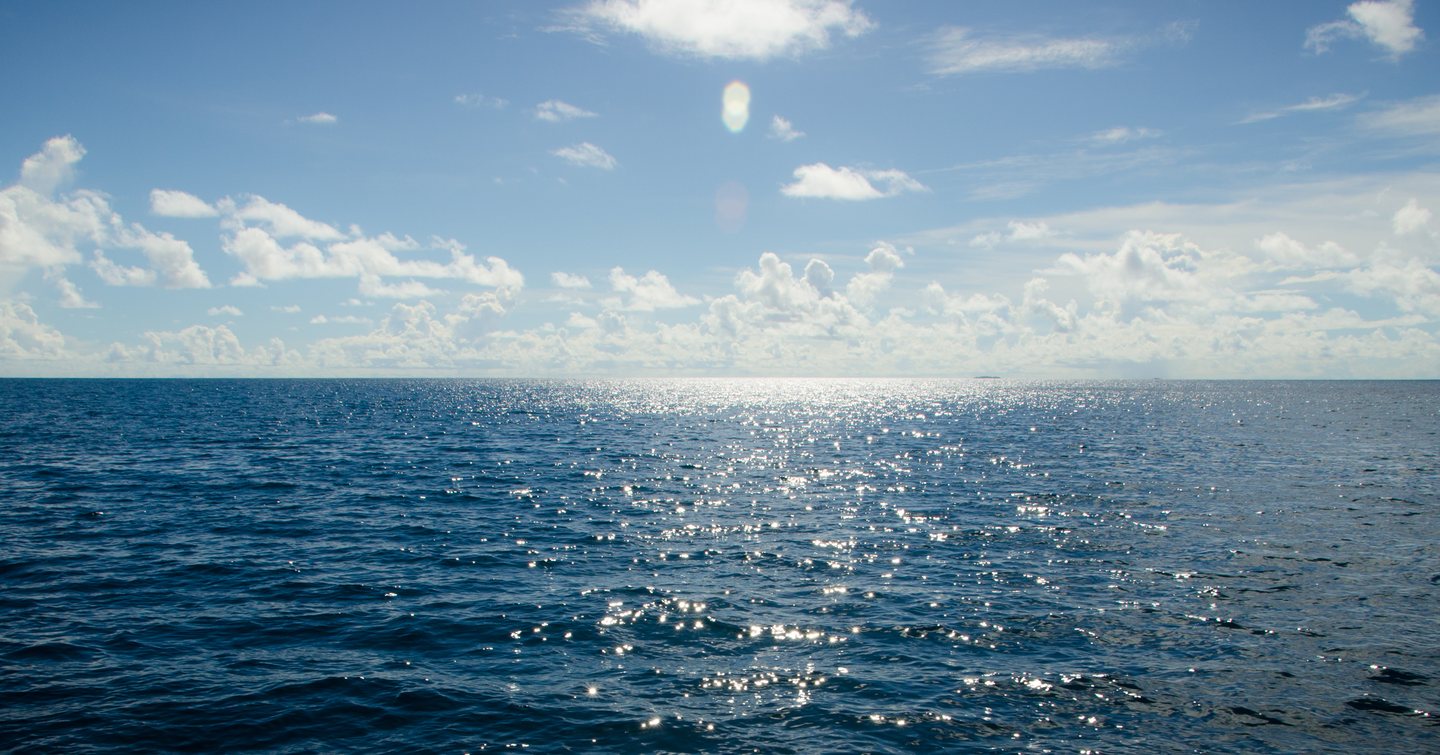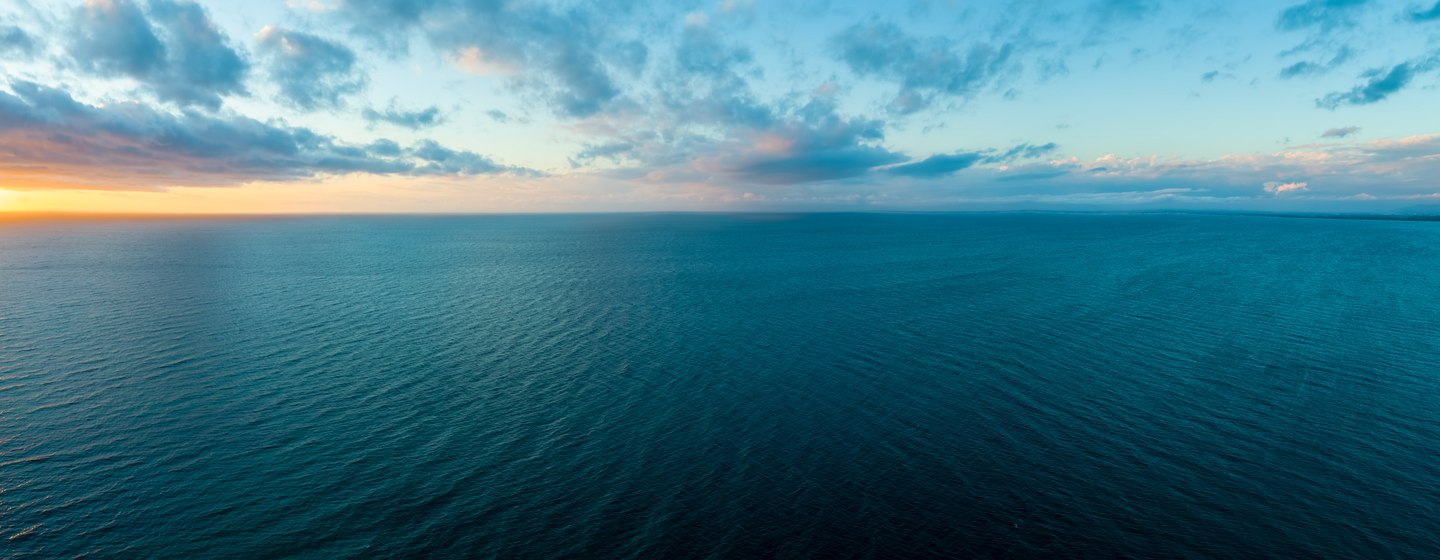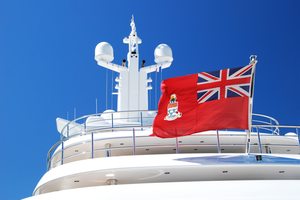International waters hold significant importance for various reasons, including legal, economic, environmental, and geopolitical factors.
Beyond the territorial waters of any single country, international waters provide a neutral ground where transactions for yacht sales or transfers can occur under internationally recognized maritime laws. This article outlines the basics and encourages further reading on the benefits of yacht buyers exploring options beyond coastal jurisdictions.
What are International Waters?
International waters, also known as 'the high seas', refer to areas of the ocean that are not subject to the jurisdiction of any single country. These waters begin beyond a country’s territorial sea, which extends up to 12nm (22.2km) from its coastline.
International waters cover approximately 50% of the earth's surface and include all oceans and seas that fall outside the Exclusive Economic Zones (EEZ) of coastal nations, that extend 200nm (370km) from the coast.

Key Definitions of International Waters
The United Nations Convention on the Law of the Sea (UNCLOS) is an international treaty that comprehensively regulates ocean space, defining maritime zones that are divided into three main categories:
Territorial Sea
Up to 12 nautical miles from a country's baseline; the coastal state has full sovereignty.
Exclusive Economic Zone (EEZ)
Extends from 12 to 200 nautical miles from the baseline; the coastal state has special rights regarding the exploration and use of marine resources.
High Seas
Areas beyond the EEZ, are open to all states for navigation, fishing, overflight, and laying submarine cables and pipelines.

Freedom of Navigation
International waters are crucial for global maritime trade, allowing ships and yachts to travel freely without interference from any single nation's laws. This freedom of navigation is vital for the international shipping industry, facilitating the movement of goods and resources between countries.
The Role of International Waters in Yacht Transfers
The freedom and neutrality of international waters simplify the process when transferring ownership of a yacht. In these waters, transactions can occur under internationally recognized maritime laws, independent of any single country's jurisdiction. This environment enhances legal certainty and facilitates smoother transitions of ownership, ensuring compliance with applicable regulations while promoting flexibility for yacht owners and stakeholders.
Taking a yacht offshore by 12nm, into an Exclusive Economic Zone (EEZ), during ownership transfers offers strategic advantages related to legal neutrality, privacy, tax efficiency, flexibility in ownership, and access to a broader international market. These factors contribute to a smoother and more efficient transaction process for luxury yacht acquisitions and transfers on a global scale.

Among the various benefits of conducting yacht transfers offshore, two stand out prominently:
Avoiding Import Duties
Yacht transactions often leverage international waters to circumvent import duties and taxes. By conducting the transfer in these waters, buyers can defer or bypass taxes that would typically apply if conducted within a country's territorial jurisdiction.
Clear Title Transfer
Conducting yacht sales offshore helps ensure a clear transfer of title, minimizing the risk of legal disputes over ownership and facilitating smoother transactions.
Regulatory Framework: UNCLOS
The United Nations Convention on the Law of the Sea
UNCLOS is widely regarded as the cornerstone of international maritime law, establishing a framework that fosters peaceful cooperation among nations, safeguards marine environments, promotes economic development through maritime activities, and ensures fair utilization of ocean resources.
Its principles and provisions profoundly influence global maritime policies and practices, including those of yacht purchases, transfers, and operations in international waters. Understanding and adhering to UNCLOS provisions are essential for yacht owners, operators, and stakeholders navigating the complexities of international maritime activities.






